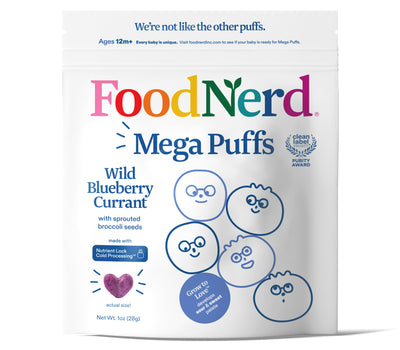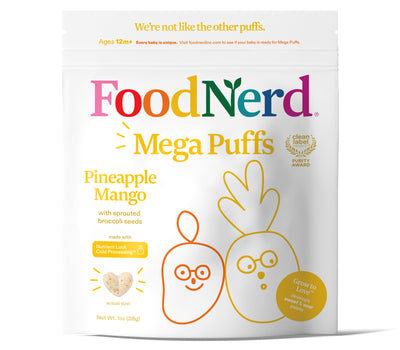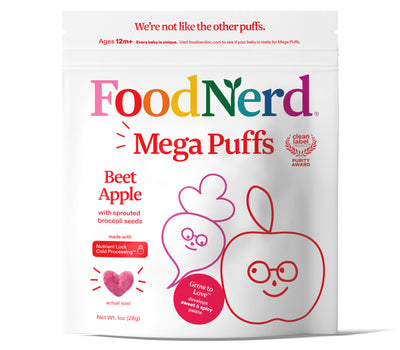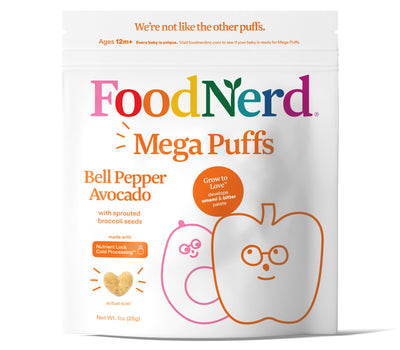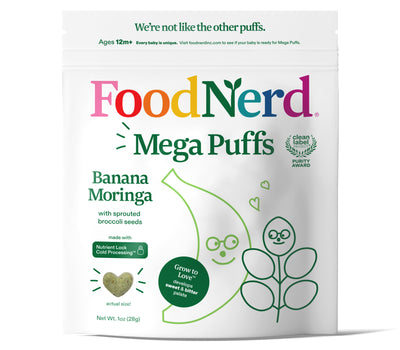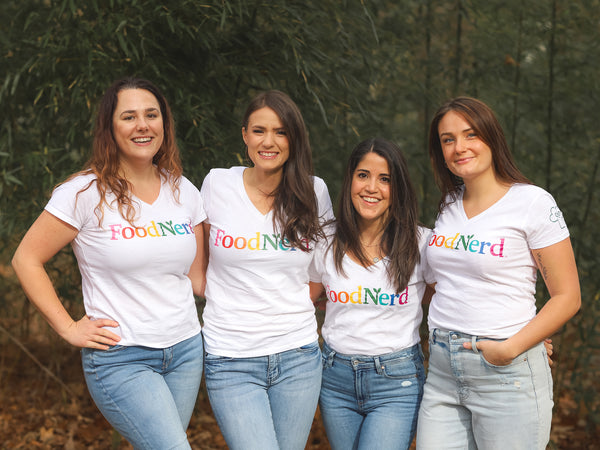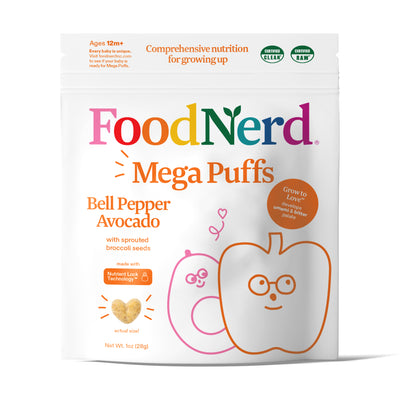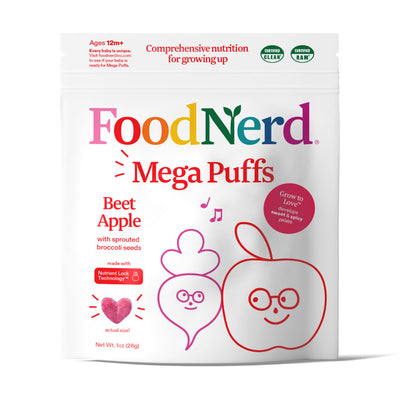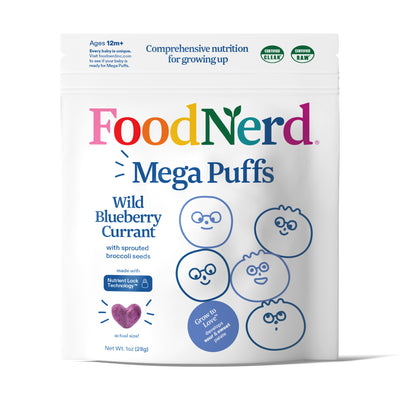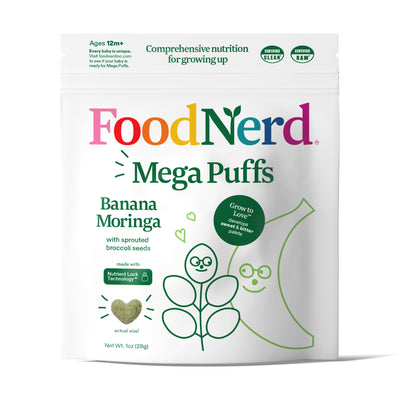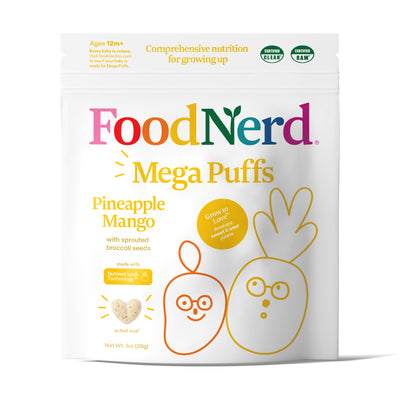Moringa: A History
Moringa oleifera (moringa) is the most widely cultivated species of a family of plants native to the sub-Himalayan tracts of India, Pakistan, Bangladesh and Afghanistan. All parts of the moringa tree are edible and have long been consumed by humans. This rapidly-growing tree was utilized by the ancient Romans, Greeks and Egyptians, and is now widely cultivated and for centuries has been advocated for food, traditional medicinal and industrial uses. It is an important crop in India, Ethiopia, the Philippines and the Sudan, and is being grown in West, East and South Africa, tropical Asia, Latin America, the Caribbean, Florida and the Pacific Islands.

Moringa leaves are especially promising as a food source in the tropics because the tree is in full leaf at the end of the dry season when other foods are typically scarce. Leaves can be eaten fresh, cooked, or stored as dried powder for many months without refrigeration, and without loss of nutritional value.
Moringa: A Secret Super Food?
A large number of reports on the nutritional qualities of moringa now exist in both the scientific and the popular literature. Moringa leaves have been used to combat malnutrition, especially among infants and nursing mothers. In fact, the nutritional properties of moringa are now so well known that there seems to be little doubt of the substantial health benefit to be realized by consumption of moringa leaves, and dried leaf powder.
There are a multitude of recipes for incorporating moringa into meals. Recipes that fit in a variety of food traditions are published and posted in blogs, newsletters and websites (a sampling of links are at end of this article). Thus, the list includes such things as moringa- sweet potato pie, kale and beet salad, smoothies, pasta, pesto, crackers, pancakes, brownies, oatmeal, broccoli and zucchini soup, teas, etc.
Moringa has long been used for the treatment or prevention of disease or infection and for its nutritional benefits. Evidence for the nutritional benefit is widespread and robust. Scientific support for some of the other claims is less robust but no less plausible. Perhaps most promising are the claims for type 2 diabetes amelioration and for lactation (maternal milk production).
So let’s focus on moringa leaf powder’s ability (taken orally) to support breastfeeding and lactation, as well as infant and child health:

Can Moringa Help In Doubling Your Milk Supply?
Moringa leaves have historically been used as a galactagogue – to stimulate milk flow in lactating mothers. Mechanistically this has been linked to the leaves’ rich phytochemical contents, in particular a bioactive isothiocyanate called “moringin”.
Non-human studies with moringa have focused on farmed or domestic animals that are traditionally used for milk production, e.g. goats and cows. For example, Moringa oleifera leaf meal supplementation was shown to improve nutrient digestibility, milk yield, and reproductive performances in dairy cows during early lactation. In a separate study supplementation with very small amounts of moringa also induced “markedly reduced oxidative stress, which resulted in improved milk quality and immunity in lactating Jersey cows”.
Lactating women have been the focus of many small studies that have attempted to assess the effects of moringa leaves or dried moringa leaf powder on lactation. A review published in 2022 identified 7 randomized controlled trials that examined the impact of moringa leaf supplementation on nutritional outcomes (in Ghana, the Philippines, India, Tanzania and the Democratic Republic of Congo). Most studies have come to the conclusion that there was substantial benefit to moringa supplementation for the respective populations examined. Of the more recently published primary studies, for example, a 60 woman study from Indonesia claimed beneficial effects of moringa on breast milk production and postpartum health status. A study performed in Thailand showed a 47% increase in milk production by nursing mothers supplemented with 450 mg of dried moringa leaves, compared to placebo controls. And yet another recent study in Western Kenya showed a doubling of milk production compared to controls (from about ½ liter per day to about 1 liter per day), with women fed 20 grams of fresh moringa leaves per day (equivalent to about 2 grams of dried leaf powder), for 3 months.
A Powerhouse for Little Ones
The same study in Kenya measured increased hemoglobin and insulin-like-growth-factor-1 in blood samples from the infants’ born to mothers supplemented with moringa. An earlier double-blind randomized controlled trial in Indonesia with 340 breastfeeding mothers claimed that there was reduced growth stunting in the children of those mothers who had been given moringa during pregnancy. Since most of the human studies with moringa have dealt with women and children who were less well nourished than those in the USA, it is unclear how applicable they are to a well-nourished population, however the great interest in this area has not abated and clinical trials are ongoing including one in this country that is currently recruiting volunteers. Furthermore, the possibility that moringa’s impressive and well documented immune-modulating and anti-inflammatory activity can reduce incidences of childhood infections, allergic response, and other conditions common to infant and toddler development in the USA and elsewhere has not yet been well studied and requires serious scientific attention.
FoodNerd sources its moringa leaf powder in their Green Mega Puffs from Kuli Kuli, which is the world’s best source of moringa for adults, and which sells a variety of gummies, energy shots, smoothie additives, superfood blends, energy bars, and teas, as well as the leaf powder by itself. [Also see Kuli Kuli’s blog on the use of moringa leaf powder to support women’s health].
Suggested Additional Reading (other peer reviewed scientific papers used to support this article available on request)
- https://moringatrees.org/moringa-doc/ebook_moringa.pdf
- https://treesforlife.org/our-work/our-initiatives/moringa
- https://onlinelibrary.wiley.com/doi/epdf/10.1002/fft2.103
- https://www.jedfahey.com/_files/ugd/631b8f_58bf0a2d757d43bb89d2b80fb48d824c.pdf
Sources for moringa recipes
- https://blog.kulikulifoods.com/tag/recipes/
- https://moringafarms.com/category/recipes/
- https://www.thetakeiteasychef.com/moringa-drumstick-leaves-stir-fry-recipe
- https://in.pinterest.com/pashamashokkuma/moringa-recipes/
- https://www.indianhealthyrecipes.com/drumstick-leaves-stir-fry-recipe-munagaku-vepudu/
